CHAIRS AND ORGANIZERS
CHAIR (EAST)
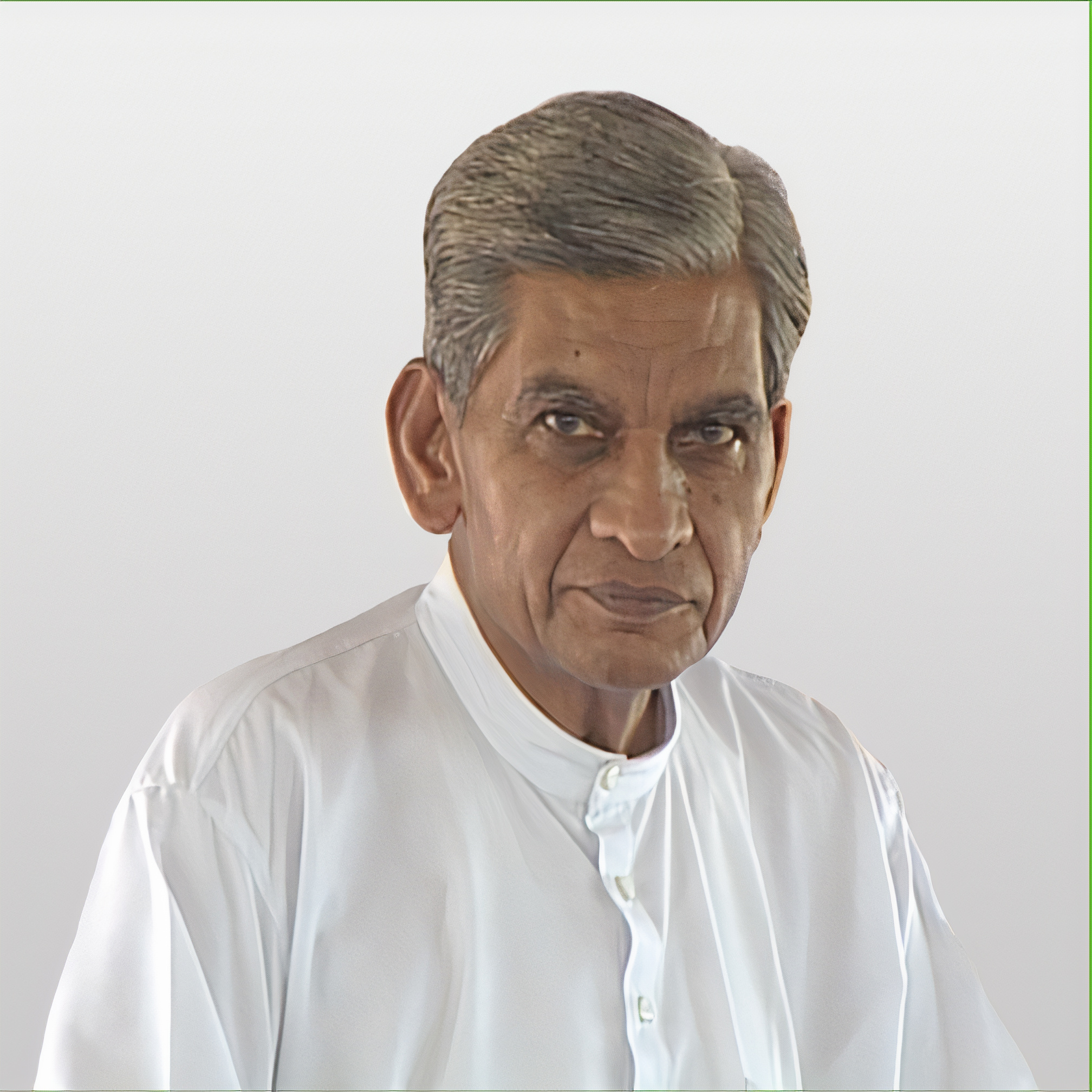
Revered Prof. Prem Saran Satsangi
Chairman, Advisory Committee on Education Dayalbagh Educational Institute (Deemed to be University), Agra, IN
Revered Prof. Prem Saran Satsangi, the father of systems movement in India, having graduated with a B.Sc. in Electrical Engineering from the Banaras Hindu University (presently Indian Institute of Technology, Banaras), pursued M.S from the Department of Electrical Engineering, the Michigan State University, USA. Prof. Satsangi earned his Ph.D. in the field of Socio-economic system from the University of Waterloo, Canada. Rev. Prof. Satsangi took voluntary retirement from the Indian Institute of Technology, Delhi to serve as the honorary Director (CEO), Dayalbagh Educational Institute (a deemed university).
Prof. Satsangi has generalized the application of physical systems theory in his systemic research from “real” physical systems to a variety of “conceptual” socioeconomic-environmental systems. He has succeeded in extending physical systems theory as a rudimentary modelling framework for complete “creational” system, including not only physical processes, but also “esoteric” mental and spiritual processes.
On May 18, 2003 a gathering in Dayalbagh of about 25,000 representatives of the approximately half a million members (followers) of Radhasoami Faith (“Radhasoami Satsang” Dayalbagh) from all over India and abroad, proclaimed Prof.Prem Saran Satsangi unanimously as their leader for lifetime to lead the Radhasoami Satsang Community.
Prof. Prem Saran Satsangi, the eighth spiritual leader of the Radhasoami Faith, Dayalbagh, is the Chairman of the Advisory Committee on Education (ACE), Dayalbagh Educational Institute.
CHAIR (WEST)
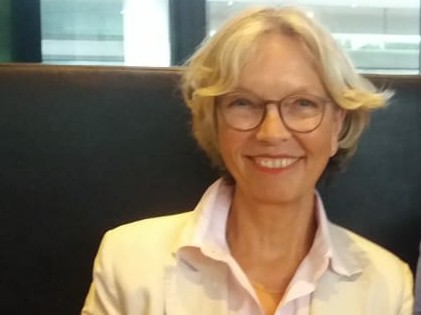
Prof. Dr. Anna Margaretha Horatschek
Kiel University (Christian-Albrechts-Universität zu Kiel), Kiel, Germany
Anna M. Horatschek studied English Literature, Philosophy, and German Literature in Germany and USA. She received her B.A. from UC Berkeley, USA, and her PhD from Freiburg University (Germany) with a dissertation on the epistemological significance of self-reflexive language experiments in the novels of US-author Richard Brautigan. She habilitated with a monography on the epistemological, political, and ethical implications of identity and alterity constructs (nation, gender, ´race´) in novels by Joseph Conrad, E.M. Forster, and D.H. Lawrence. In 1998, she spent a year as Visiting Professor at the University of Maryland, USA. From 2000 to 2018, she held the chair as professor for English Literature at Kiel University, Germany. Since 2011 she has been a member, and since 2016 she is Vice President of the German Academy of Sciences and
Humanities in Hamburg. She has published widely on knowledge formation, consciousness studies, identity and alterity constructs, intermedial representation in English and American Literature, and on transcultural poetics and gender issues in Indian Literatures in English. Her recent books include Competing Knowledges – Wissen im Widerstreit, DeGruyter, 2020 (ed.), Identitäten im Prozess: Region, Nation, Staat, Individuum, DeGruyter, 2015 (ed. with A. Pistor-Hatam), and Navigating Cultural Spaces: Maritime Places, Rodopi, 2014 (ed. with Y. Rosenberg, D. Schäbler).
ORGANIZERS
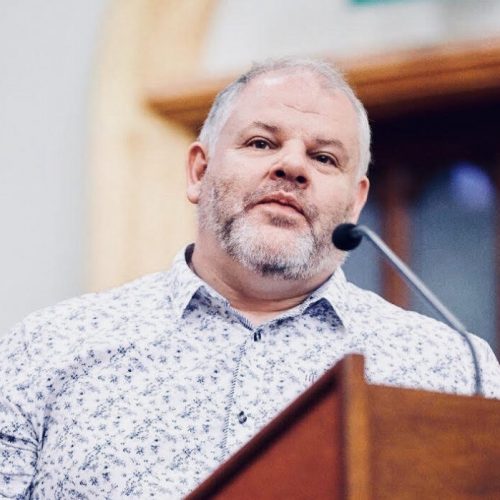
Prof. Dr. Andrew Davies
Birmingham University, Birmingham, UK
Although my interests are varied, I am fundamentally a biblical scholar and literary critic who works on the reception and impact of the Bible, particularly in the contexts of its influence on society, its handling by Pentecostals and Evangelicals globally and its interpretation in music and the arts. My PhD, in the field of biblical ethics, provoked my interest in the role of the Bible as a resource for moral thinking and led me to a lifelong fascination in why people think religion and sacred texts are so important to them in making lifestyle choices and how faith commitments impact our interactions with and contributions to society and the public and political spheres.
Recently this has resulted in many opportunities to reflect on the distinctive contribution that faith brings to leadership both in organisations and in civic life. I led the UK government’s pilot project for the professional development of religious leaders from 2019-20 and continue to work with UK government departments including the Ministry of Housing, Communities and Local Government and the Foreign, Commonwealth and Development Office to promote the understanding of religion in policy-related contexts. At the same time I have advised and supported a variety of faith communities (particularly in the UK, India and Australia) on their political and social engagement strategies.
As an experienced academic project manager, I have led a variety of educational research and development projects for the University of Birmingham, including initiating what has since become our flagship interdisciplinary education activity, ‘The Birmingham Project’, where I was responsible for developing and sustaining the University’s relationships with major international businesses such as IBM, Jaguar LandRover, PwC and KPMG. I have managed funded research and engagement projects worth well over £2.5m, including a major, three-year AHRC-supported project, ‘Megachurches and Social Engagement in London’ (2013-16), which investigated the social engagement activities of some of the UK’s largest and most prominent churches.
I now combine leadership of the Cadbury Centre and public engagement work with directing the University of Birmingham’s Master of Public Administration in Faith-Based Leadership and MA in Religion, Politics and Society programmes, whilst continuing to write and teach on cultural-critical approaches to the Bible, contemporary forms of Christian worship and expression (most notably including Pentecostalism) and more recently on faith-based (especially but not only Evangelical Christian) engagement in the fields of culture and social and public policy.
Prof. Dr. K. Soami Daya
Dayalbagh Educational Institute, Deemed University, Agra, India
Coming Soon.
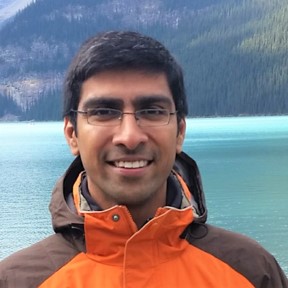
Prof. Dr. Apurva Narayan
University of Waterloo, Waterloo, Canada
Dr. Apurva Narayan is Assistant Professor in the Department of Computer Science at the University of British Columbia and Adjunct Assistant Professor in the Systems Design Engineering Department, University of Waterloo, Canada. He obtained Bachelor’s degree in Electrical Engineering from Dayalbagh Educational Institute in 2008 and Ph.D. from the Department of Systems Design Engineering, University of Waterloo in 2015. Dr. Narayan’s research interests lie at the interface of data science, safety-critical systems, systems theory, machine learning, and artificial intelligence. He has authored more than 35 peer-reviewed publications in ACM and IEEE conferences and journals and has been invited to deliver guest lectures at premier universities around the world. He currently leads the Data Science and Artificial Intelligence Group jointly at both UBC and UW. He was the lead organizer of the Landmark First International Conference on Dayalbagh Science of Consciousness, DSC 2019 jointly organized by DEI and University of Waterloo under their MoU for joint research in September 2019. He was conferred the Young Systems Scientist Award by Systems Society of India at QANSAS 2017 and Varshney Award at QANSAS 2019.
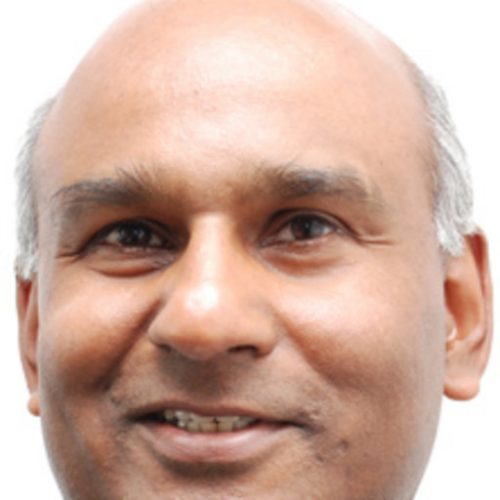
Prof. Dr. Anand Srivastava
Christian-Albrechts-University zu Kiel, Kiel University, Kiel, Germany
Anand Srivastav is Professor at the department of Mathematics at Kiel University sice 1997.
He was born in Dayalbagh, Agra. After primary education in Dayalbagh and school education in
Germany, he studied Mathematics and Physics at the University of Münster, Germany, where he received the Master degree in Mathematics as well as in Physics. In 1988 he received the doctoral degree Dr.rer.nat. from the University of Muenster
with a thesis in Fuctional Analysis. From 1988 – 1993 he was Assistant Professor at the Research Institute for Discrete Mathematics, University of Bonn, Germany, and from 1993 – 1994 Visiting Professor at the Univ. of Minnesota, New York University and Yale University.
In the years 1994 – 1996 he worte his Habilitation Thesis in the area of Combinatorial Optimization at the Free University and the Humboldt University of Berlin. Since 1997 he is a Professor and chair for Discrete Optimization at Kiel University.
His research interests are Combinatorial Optimization, Combinatorial Games, Discrete Harmonic Analysis and Discrepancy Theory, Randomized and Derandomized Algorithms, but also applications of optimization in Marine and Life Sciences.
He was awarded the stipend for habilitation work by the German Research Foundation in 1995, a research stipend by the Japan Society of Science in 1997, the Indo-German Guestprofessorship in 2013 at the IIT Delhi by the Max-Planck-Society, and the DEI Distinguished Alumi Award of the Dayalbagh Educational Institute, Deemed to be Unversity, Agra, India, in 2019.
He published more than 80 papers in peer-reviewed journals and conference proceedings, and accumulated a third-party funding for his research of approx. 5 Million Euros.